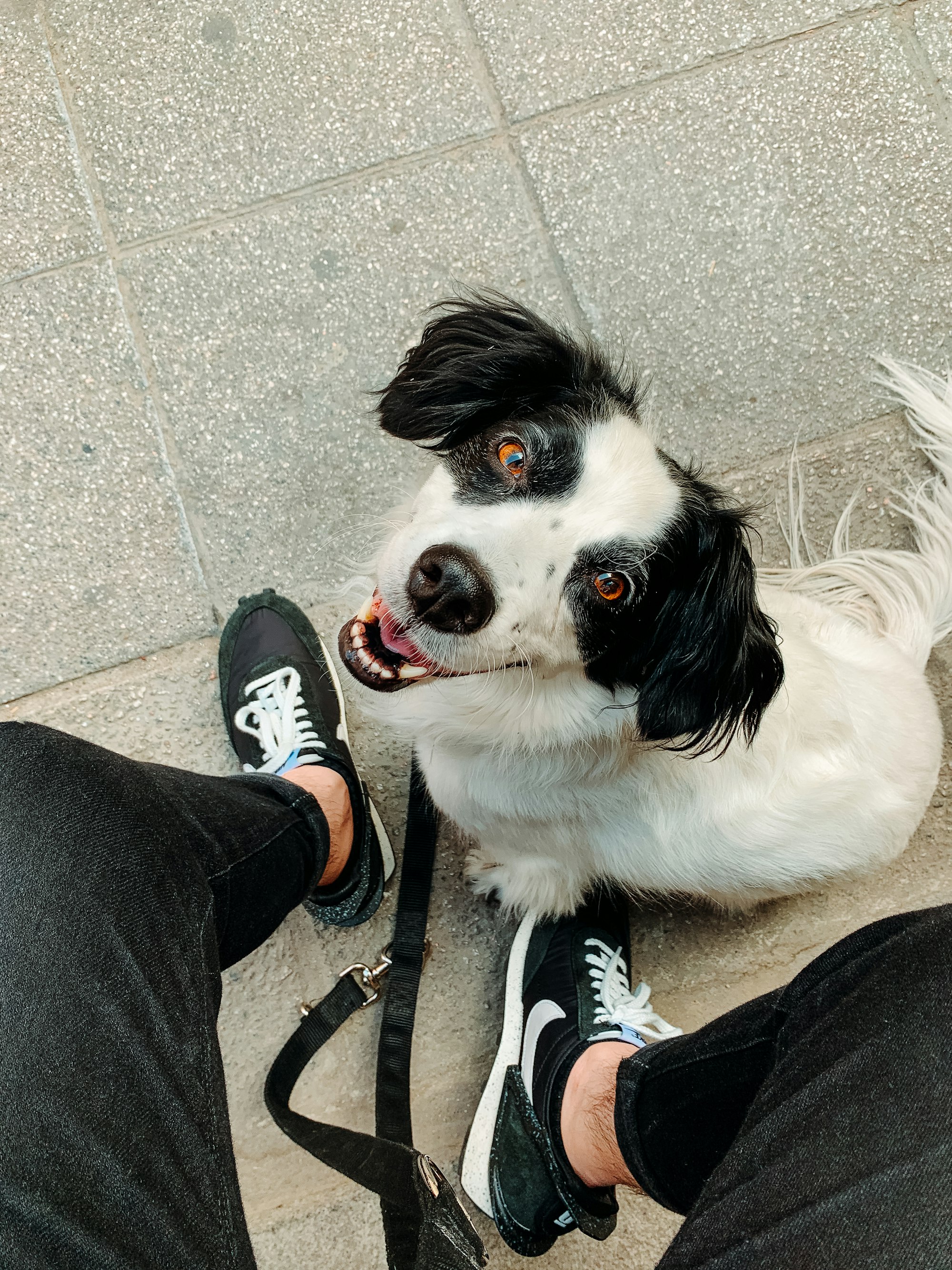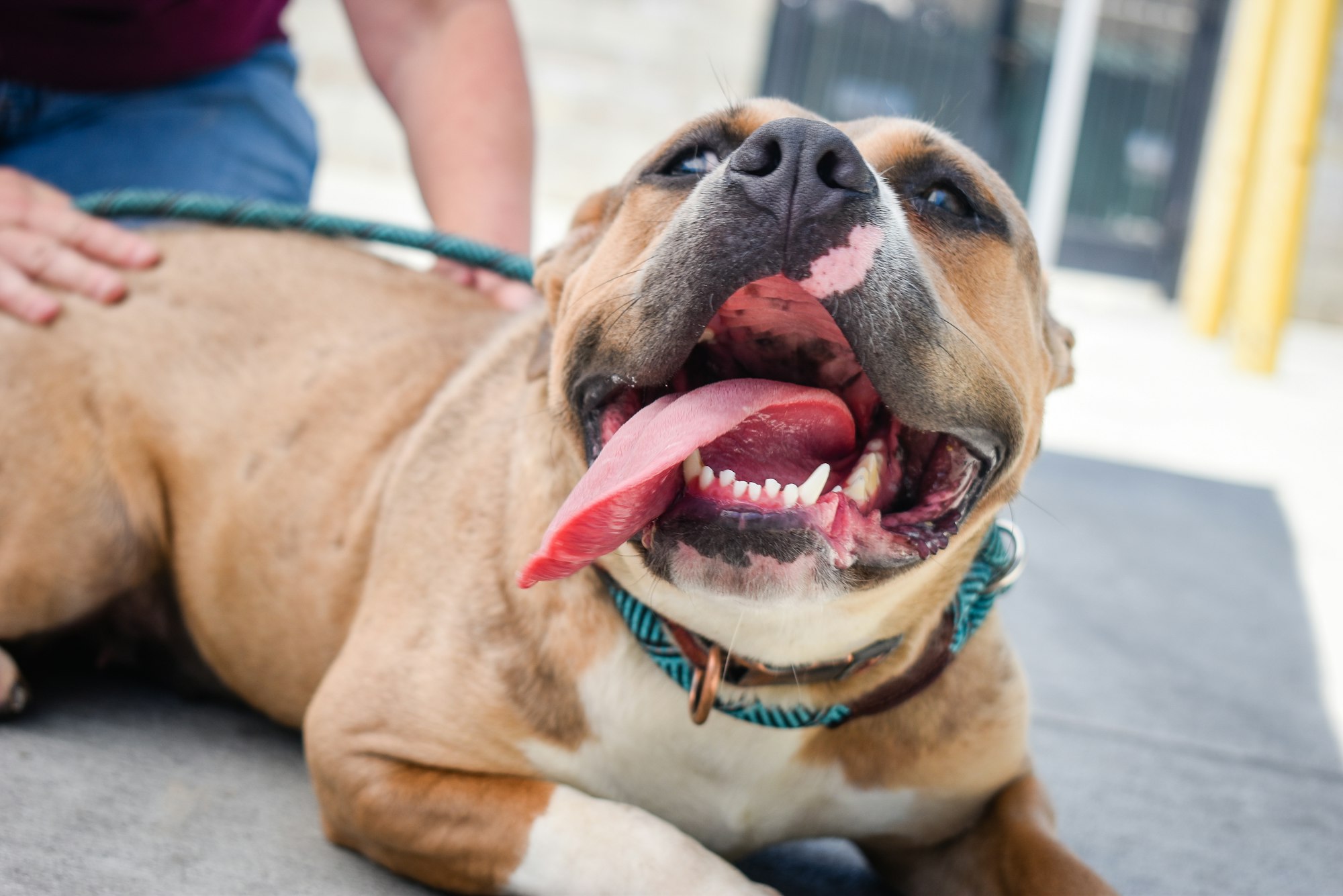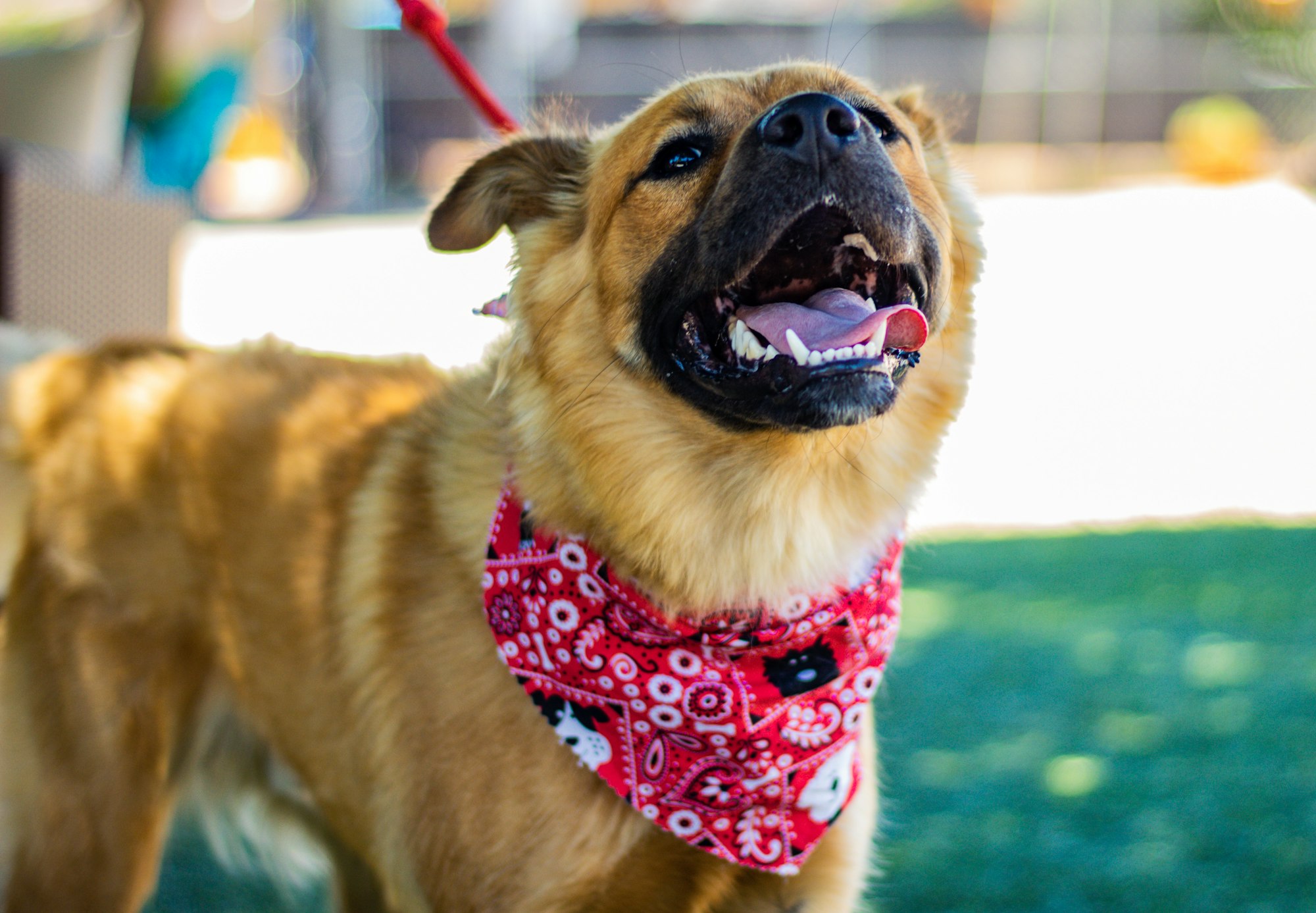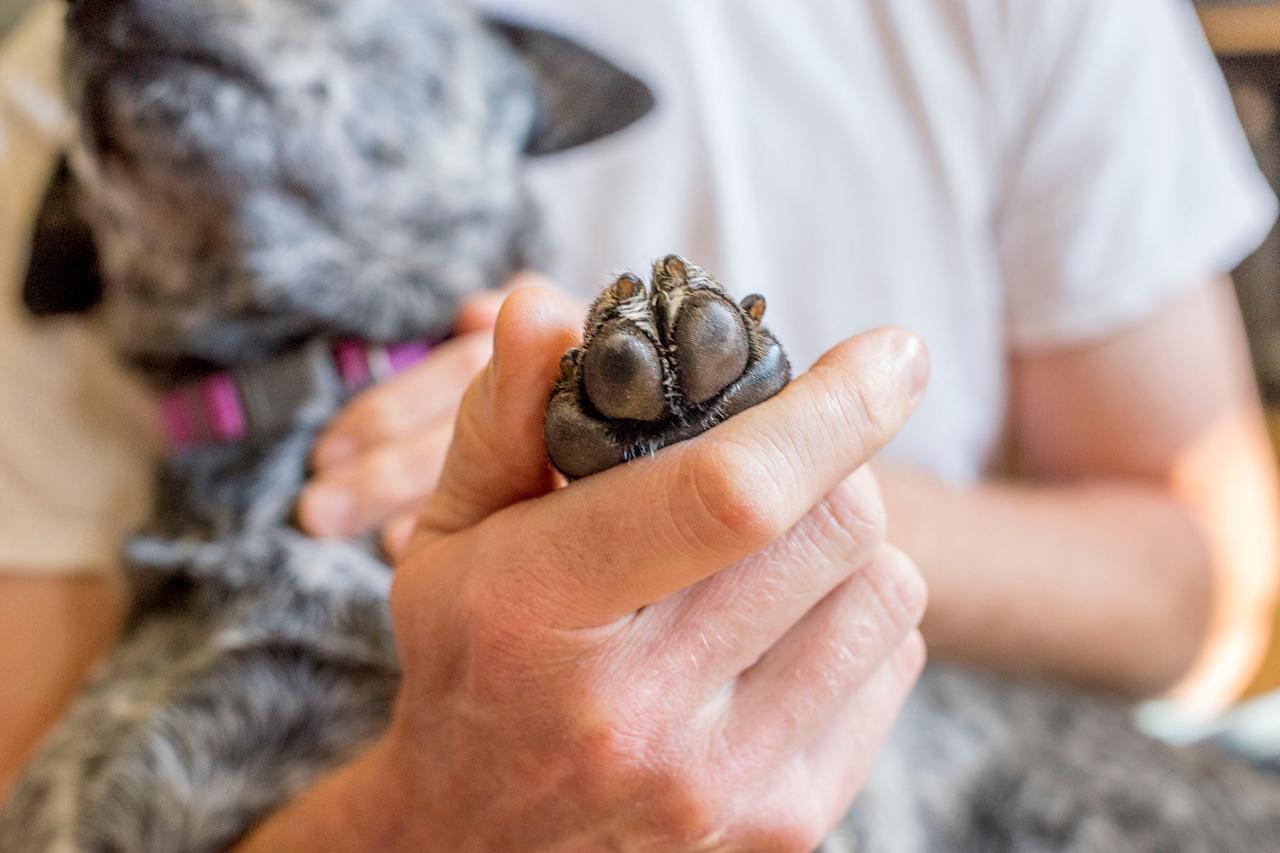If you're thinking about adopting a rescue dog, then you're on the way to doing something noble! Shelters are full of lovable dogs looking for a new home, but you need to know what to expect in the first few days, weeks, and months ahead.
This is where the 3-3-3 rule for new rescue dogs comes in.
But what is the 3-3-3 rule, and what do rescue dogs need when you first bring them home? Below, we’ll look at what you and your new pup can expect in the first 3 days, 3 weeks, and 3 months as you start your new lives together.

Rescue Dogs: The First 3 Days
In your rescue dog's first three days of living with you, he or she will be feeling very overwhelmed. They'll already have their own backstory regarding how they made it into a shelter in the first place. This could involve having been ripped from their original family, so this new adjustment may be a tough one for them.
Your dog could be timid, trying to mark his or her territory, and wondering where their meals will be coming from. Your pup will be trying to figure out whether these new surroundings are safe, so they could be showing some behaviors that will naturally concern you.
For example, your rescue dog might show hesitation with their meals. For one thing, you shouldn't be too worried if they appear unwilling to eat for the first few days. Some amount of whining or barking is also completely normal in the first 3 days, and your pup might seek out hideaways in the home where he or she feels safe and out of sight.
It’s not unusual to experience what might feel like regression in potty training too, though this should be short-lived. In addition, the anxiety could lead to some sickness, though this too should stop after a short while.
- Create a safe space in a quiet room. Dog crates work well here, and you should add some cozy blankets and a familiar item or toy that your dog’s used to. Keep food and water nearby, and make sure that this space is off-limits to young family members and other animals.
- Speak softly and praise your new pup often. Give them the space they need, but make every interaction a positive one in these early days. Let them do their own thing, and speak softly to them whenever your paths cross.

Rescue Dogs: After 3 Weeks
By now, your rescue dog has had some time to familiarize themselves with their new home. Potty training should be complete, with accidents being a thing of the past or at least very rare occurrences. Hopefully, your dog has adjusted to the idea that they're in their forever home and should begin to come out of their shell.
He or she should be more active and playful, which means you should expect to see them a whole lot more around the house. Your rescue pup should now be on a regular feeding and walking schedule too.
It's important to note that as your dog becomes more comfortable, any existing behavioral issues he or she has picked up might show themselves. Don't be afraid to set boundaries here, letting them know when they display behavior that isn't acceptable.
In this stage, your dog has already gotten familiar with his or her new home, but now, it's time for them to adjust to you. Try to keep your own routine and your training consistent, but make sure that you set aside time to play together. If you're keen to train your new rescue dog some basic commands, this is the time to make a start. Three weeks is roughly around the time when your dog will firm an idea of what’s expected of them in their new home.
- Teach some basic commands. For example, sit and stay. Reward positive interactions with treats and lots of praise.
- Keep your routine consistent. Allow your dog to get used to what’s normal in the household, and what to expect of you.
- Ensure your dog is eating and drinking regularly. They should be on a clear schedule by now, so any issues with avoiding food or water could indicate a problem that needs to be addressed with a trainer or vet.

Rescue Dogs: 3 Months After Settling
Now, you're in the endzone. Your rescue pup should be feeling comfortable in the knowledge that he or she isn't going anywhere!
They'll have adjusted to their routine completely and should, by all accounts, appear to be happy and healthy. Your dog's bond with you and your family will be extremely strong now, and if you have other pets, their relationship will likely be positive too. Just be wary of rescue dogs who’ve had trouble with other dogs in the past.
It's important to keep the training going here, as it's the best time to impart new and desirable behaviors. Your dog will still be keen to impress and please you, so consider private training if you want to expand their skills.
- Expand their training. In some cases, a private training could help you to teach your dog more advanced tricks. By now, they should be eager to learn and to please!
- Encourage their bond with other pets. If you’ve other pets in the household, your dog should now be bonding well with them. Monitor these relationships and ensure that there are no negative behaviors.

Conclusion
When adopting a rescue dog, understanding the 3-3-3 rule is key to helping your new pet adjust to and feel comfortable in their new home. Though, bear in mind that it’s a general guideline; some rescue dogs may take six or even twelve months to adjust to their new environment and feel comfortable.






